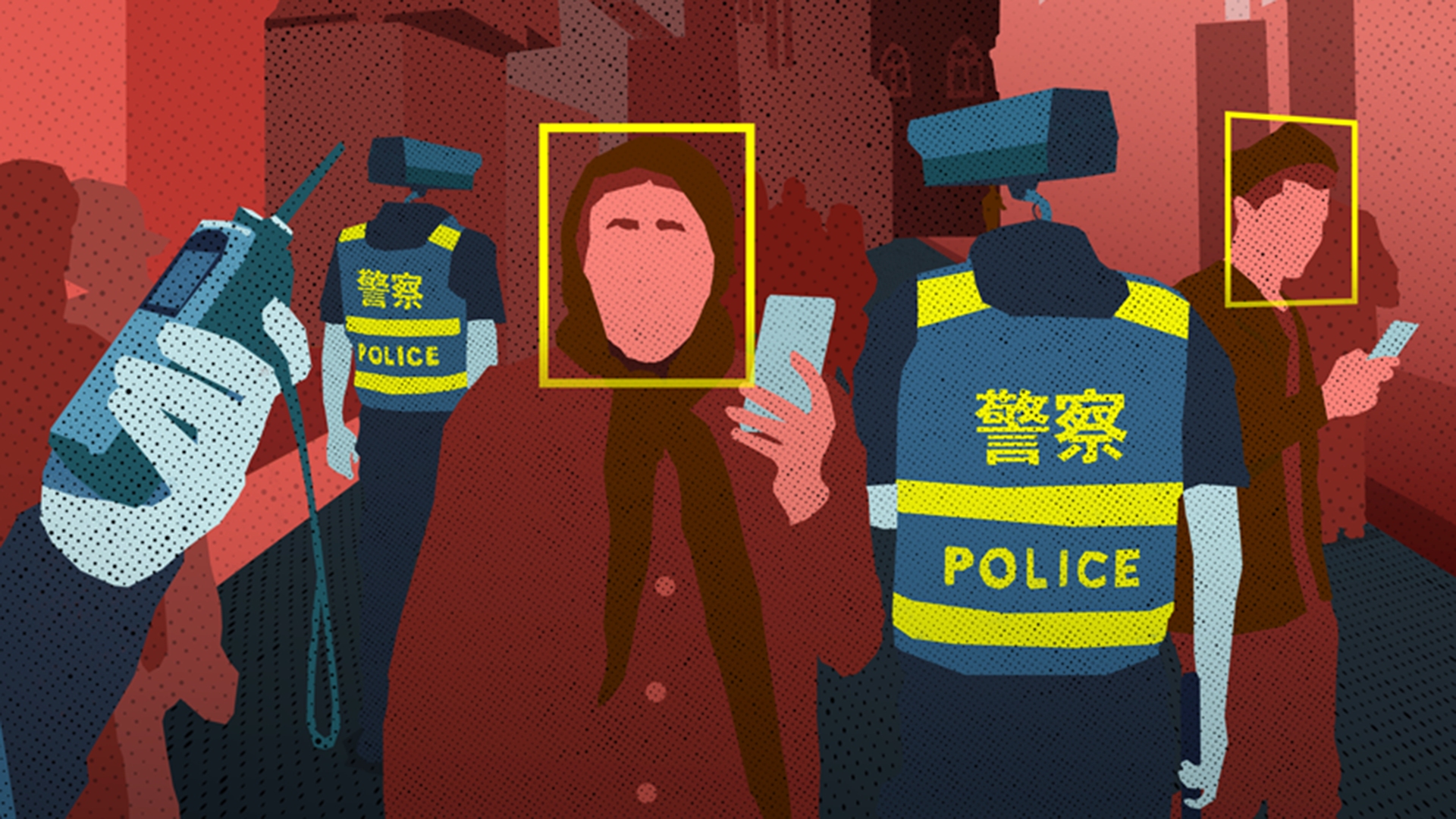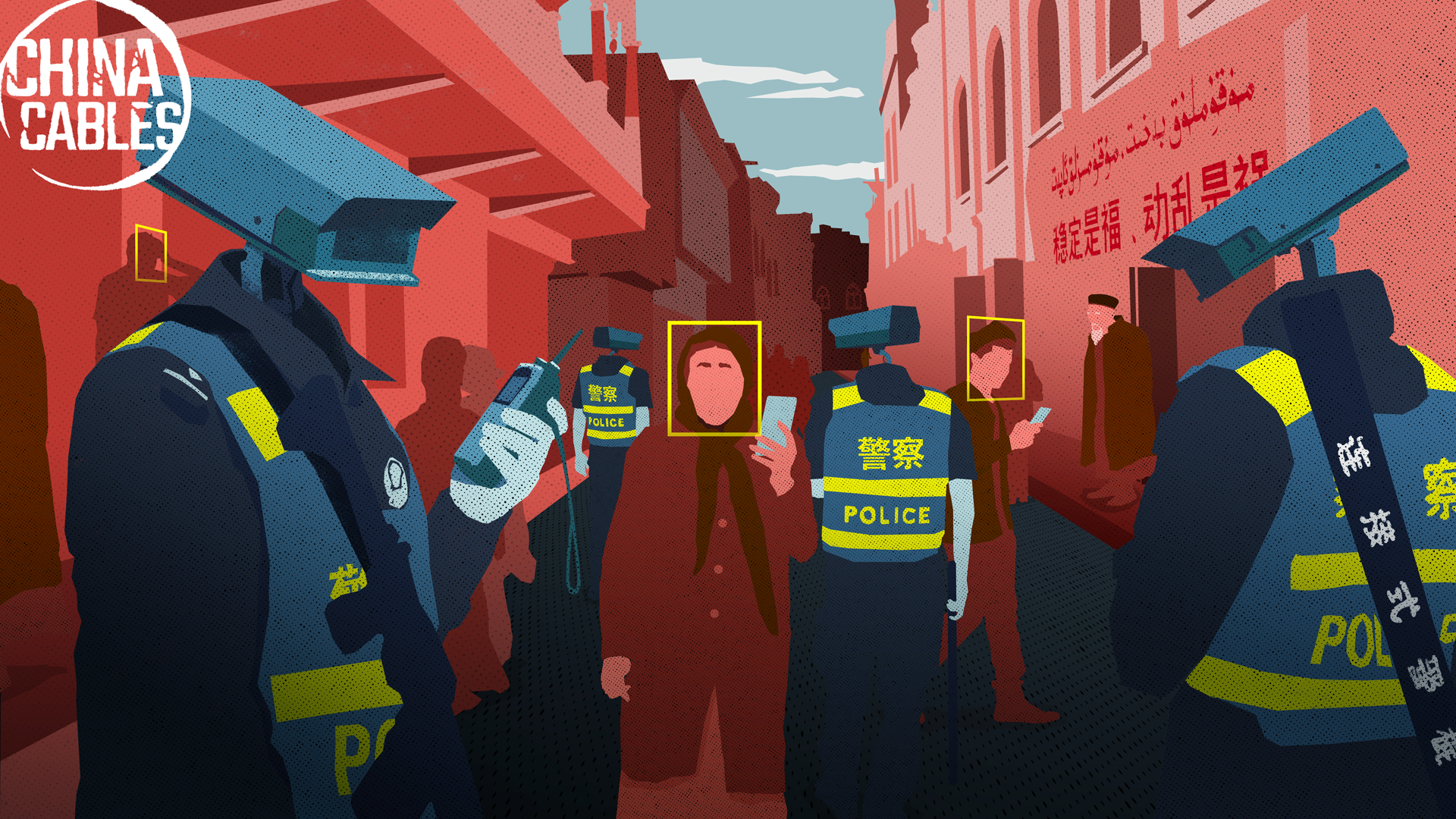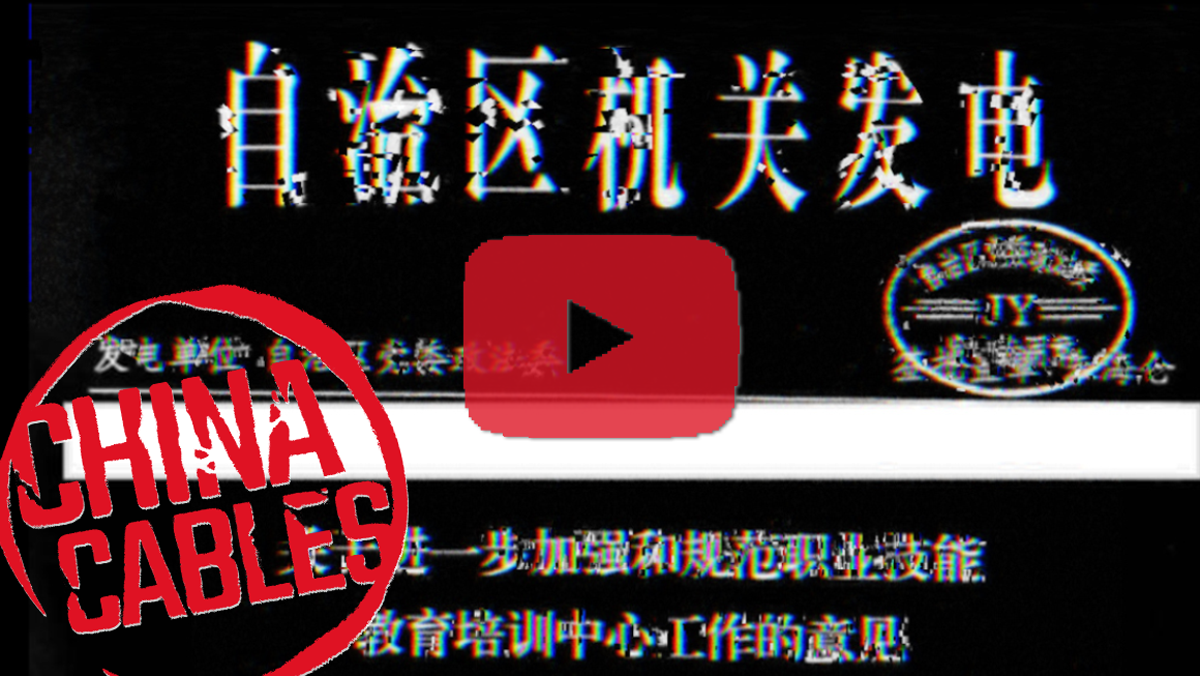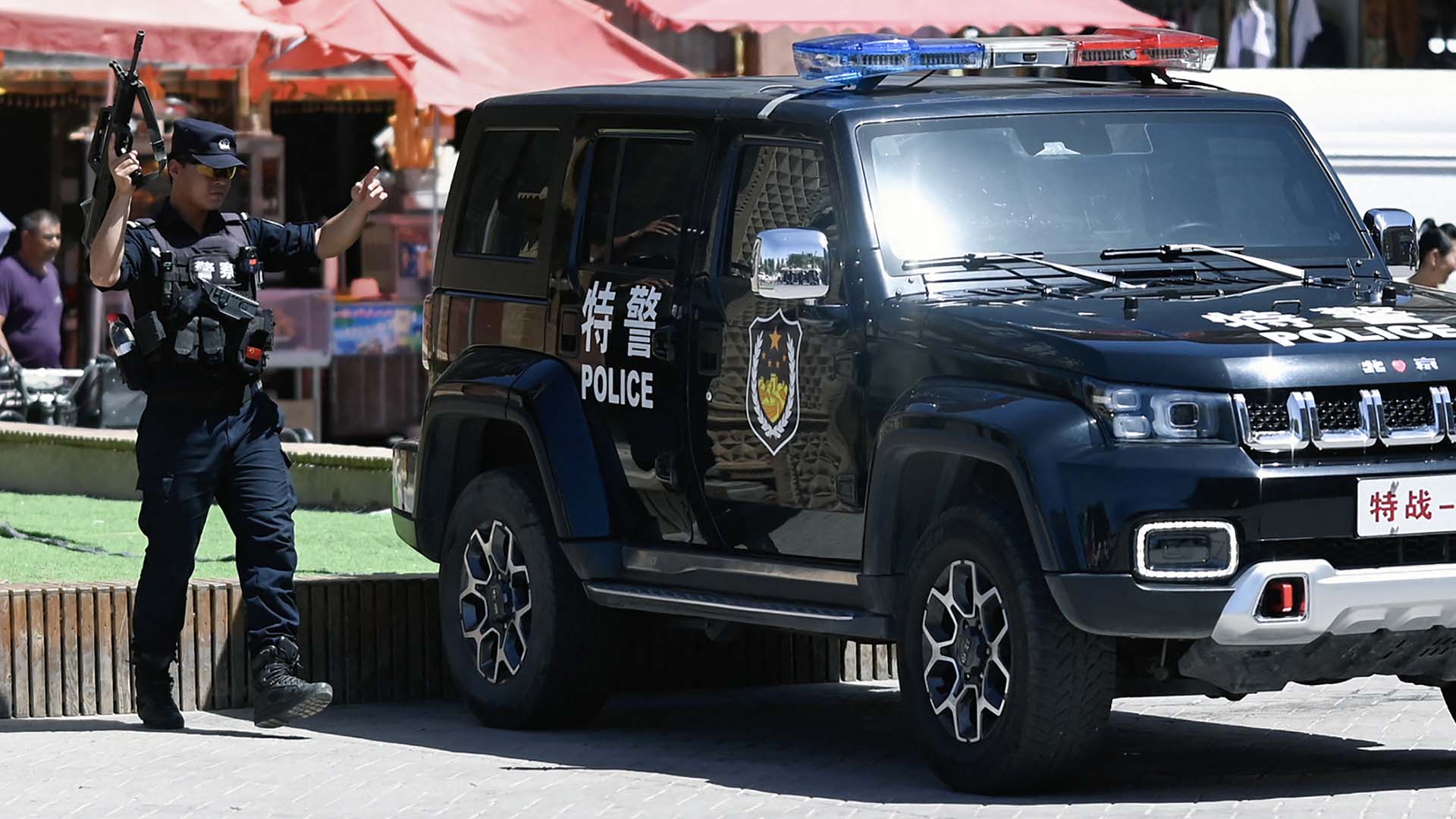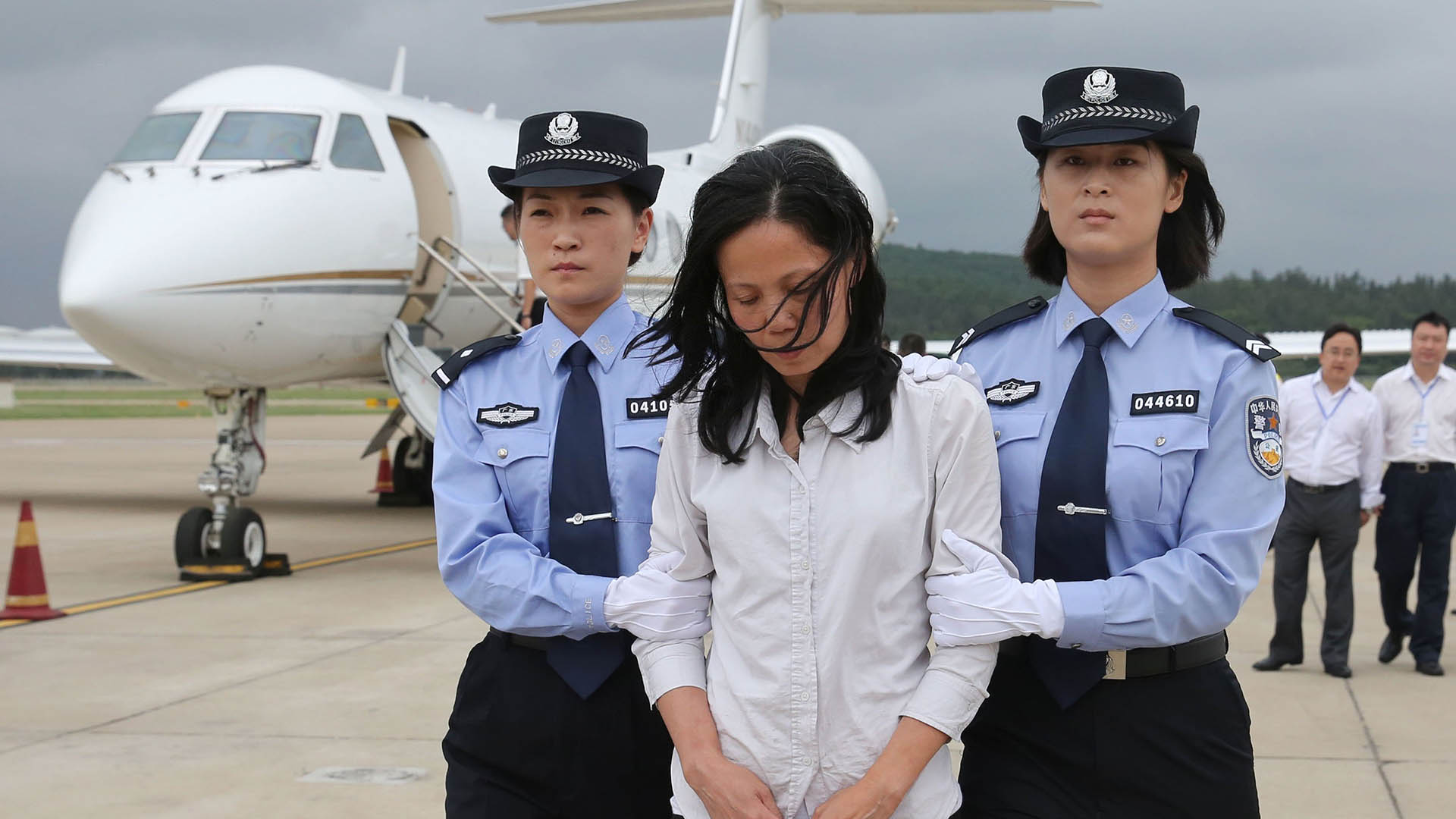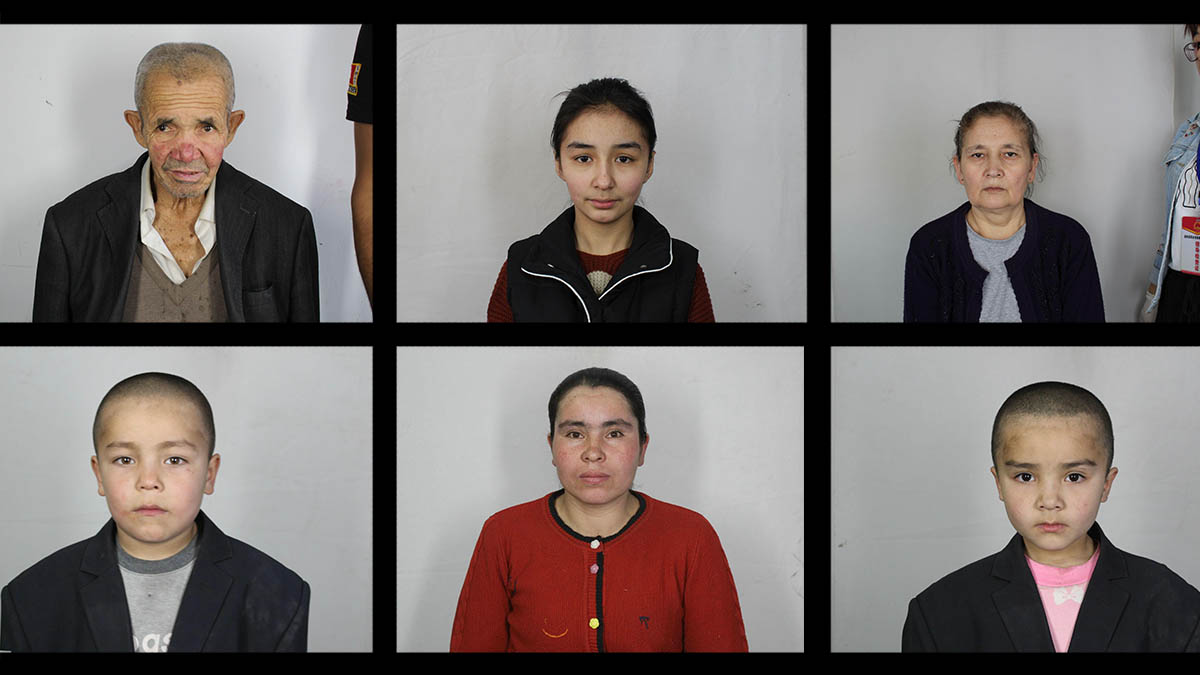A new list of Uighur detainees believed to be leaked from Xinjiang suggests that China continues to use sophisticated data collection technology to identify and arbitrarily detain members of the Muslim minority, according to a recent report by Human Rights Watch.
The group obtained a list of 2,000 detainees in Xinjiangs’s Aksu prefecture who were flagged by the Integrated Joint Operations Platform, a policing program that aggregates data about people in the region from a variety of sources, and flags those it deems to be a potential threat.
“The Aksu List provides further insights into how China’s brutal repression of Xinjiang’s Turkic Muslims is being turbocharged by technology,” HRW researcher Maya Wang said in a statement. “The Chinese government owes answers to the families of those on the list: why were they detained, and where are they now?”
The researchers found that the program flagged people as suspicious for practicing Islam, using peer-to-peer file sharing applications such as Zapya, travelling or being young, that is, “born after the 1980s.”
Such findings seem to match the Chinese surveillance and mass internment program revealed in classified government documents obtained by the International Consortium of Investigative Journalists last year.
The China Cables investigation detailed China’s plan to control, detain and indoctrinate Uighurs, using prison-like structures and highly sophisticated mass-surveillance technology.
One bulletin showed how officials closely monitored Zapya, one of the apps identified in the HRW report, on some Uighurs’ phones and flagged its users for further investigation.
In 2018, the United Nations estimated that China held more than 1 million Uighurs and members of other Turkic minorities in mass-detention camps.
The Aksu List, dated around late 2018, follows another leak earlier this year from Karakax county, which listed people detained for having relatives abroad.
Additional details of China’s pervasive use of technology to target Uighurs were uncovered last week by surveillance research firm IPVM. The researchers found a confidential document by tech giant Huawei and artificial intelligence firm Megvii documenting the companies’ work on a facial recognition system that can monitor and track the minority.
Among the system’s many functions was one called “Uyghur alert,” which could identify a subject’s ethnicity and be used to flag a member of the minority group to authorities, according to IPVM.
Huawei told IPVM that the company was conducting a test and operates in compliance with the law. Megvii ー which was blacklisted by the U.S. in 2019 for its alleged role in the surveillance of Uighurs ー denied its technologies are designed to “target or label ethnic groups.”
In response to the finding, French football star Antoine Griezmann announced he would end his sponsorship deal with Huawei.
A spokesperson for China’s foreign ministry told CNBC that the report was a “slander.”
View this post on Instagram
